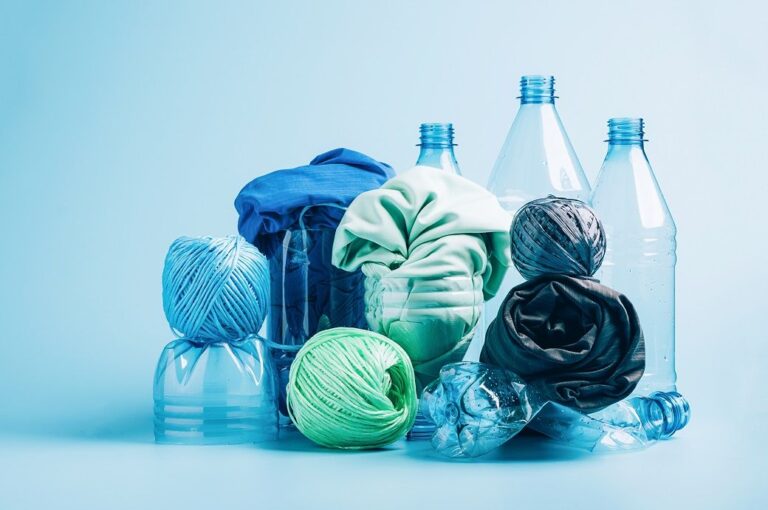
[ad_1]
During the Sustainable Textiles Summit 2022 in New Delhi last week, some experts had raised concerns about the tight supply of used PET bottle and its downstream products. They said that sustainability in the textile sector demands technological development and a proactive approach towards the entire value chain. Earlier, India generated thousands of tons of used PET bottles for reuse. The technological developments increased its consumption and today the supply has become tighter for the polyester value chain.
Indian polyester staple fibre producers can expect better supply of raw materials as the government has eased imports of PET flake chip (HS code 39076110 and 39076930) with some conditions. Earlier, the imports of PET bottle waste/scrap/PET flake made from used PET bottles were totally restricted by the ministry of environment to control dumping of scrap.
The upward trend seen in the global markets also paints the same picture. According to data from Fibre2Fashion’s market insight tool TexPro, now re-PET bottle flake prices increased to CNY 5,400 per MT in the Chinese market from CNY 4,000 per MT during COVID-19. In the beginning of this year, it was priced at CNY 4,800 per MT. Therefore, the product’s price increased by more than 10 per cent this year. It had recorded the highest price of CNY 7,400 per MT in 2018.
The government issued a notification in mid-September which permitted imports of the product by the consumer industry on certain conditions. PET flake chip can be imported under authorisation from Director General of Foreign Trade (DGFT) and subject to NOC from the ministry of environment in accordance. A unit will be eligible for import only if it has used domestic waste to the extent of at least 70 per cent of the capacity in the previous year. The unit can import up to 20 per cent of its production in 2021-22. Thereafter, it will be able to import only 15 per cent of the actual capacity utilised in the preceding year. An additional import of up to 10 per cent may be considered against exports of the products. But units would be eligible for import after at least one year of production.
Fibre2Fashion News Desk (KUL)
[ad_2]
Source link